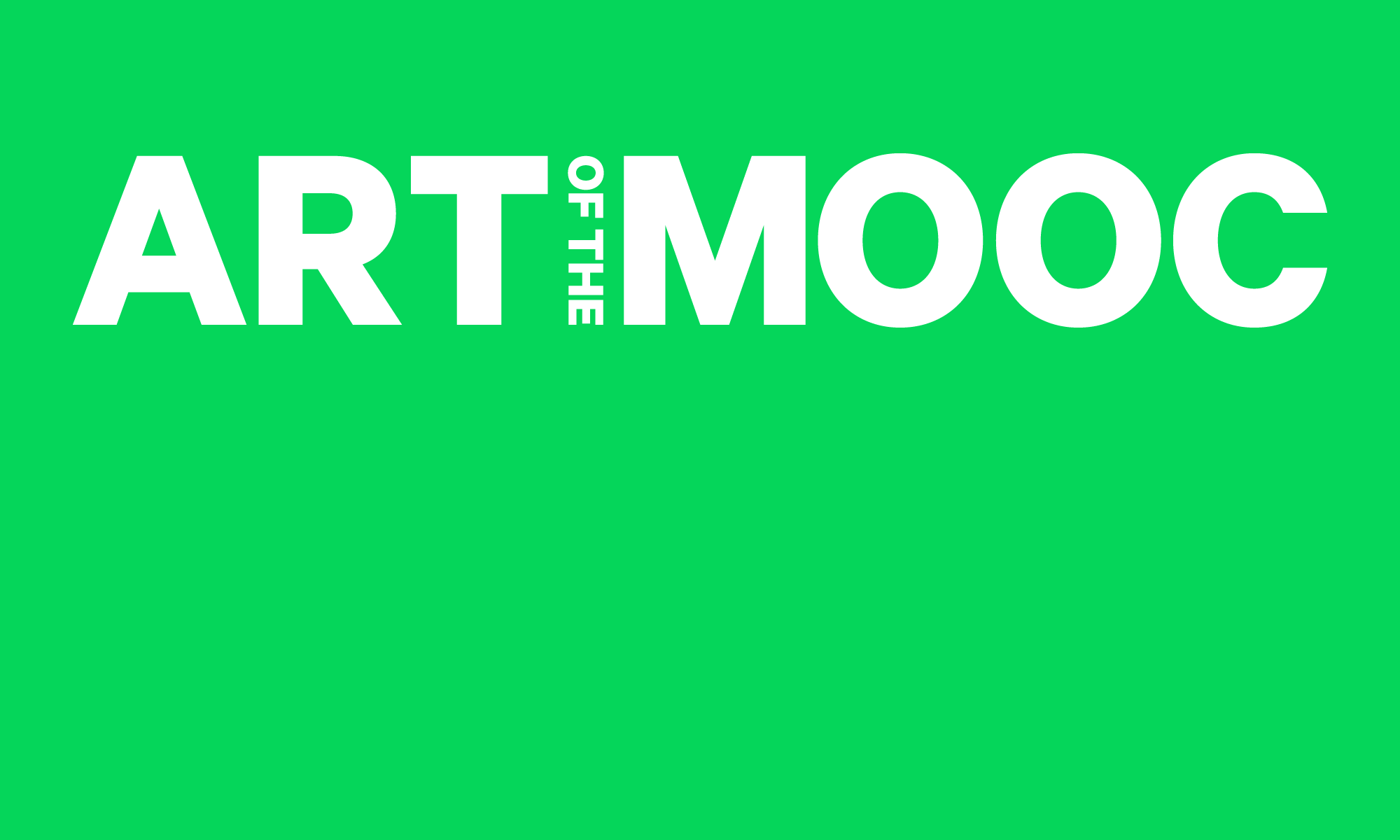Founded at the height of the Great Depression, the Barter Theatre of Abingdon, Virginia experimented with alternative economies for art-making. At the time, farmers had little access to theatre, which was generally located in urban areas, and had little available spending money to pay for theatre even if it did visit their community. As a result, a young actor named Robert Porterfield set up a theatre in the rural community in which audience members could pay in “vegetables, dairy products, or livestock.” The residents of Abingdon had excesses food that they couldn’t sell due to the flagging economy, and Barter Theatre gave them an outlet to exchange their supplies for art. Meanwhile, the actors often came from urban areas where food was scarce and benefitted from the chance to have food and shelter in Abingdon. As the theatre quips, an exchange took place of “ham for Hamlet.”

a wiki of socially engaged art